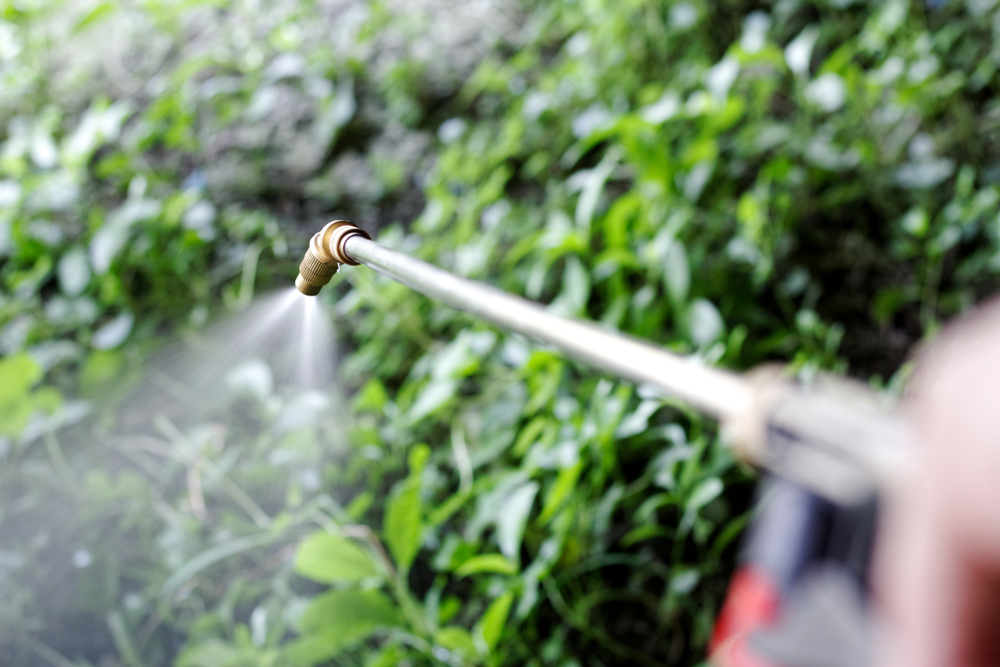A Pennsylvania court has significantly reduced the damages Monsanto, the agrochemical giant owned by Bayer, was ordered to pay in a recent Roundup-related cancer lawsuit, slashing the original $2.25 billion verdict to just $400 million. The court has ordered Monsanto to pay $350 million in punitive damages and an additional $50 million in compensatory damages to the plaintiff, John McKivison, who alleged that his non-Hodgkin’s lymphoma was caused by prolonged exposure to Roundup, which he reportedly used for yard work at his home for several years.
Bayer’s Legal Battle Over Roundup Cancer Claims
This latest development is part of Bayer’s drawn-out legal battle surrounding its blockbuster weed killer, Roundup. Thousands of Roundup cancer lawsuits have been filed against Bayer since its $63 billion acquisition of Monsanto in 2018, with several high-profile claims resulting in significant payouts to plaintiffs. In 2018, a landmark Roundup trial resulted in a jury awarding nearly $300 million in damages to a former California groundskeeper who was exposed to glyphosate repeatedly for many years while using Roundup at work, holding Monsanto liable for failing to warn about the potential cancer risks associated with Roundup. Bayer has since faced an ongoing legal and public relations challenge as it continues to defend the safety of Roundup while simultaneously negotiating massive settlements with plaintiffs.
Roundup’s Active Ingredient Linked to Cancer
At the heart of the Roundup controversy is the weed killer’s active ingredient, glyphosate. This widely used herbicide has been the subject of intense scientific and legal scrutiny in recent years, with some studies linking it to an increased risk of non-Hodgkin’s lymphoma and other forms of cancer. However, Bayer maintains that the overwhelming scientific evidence supports the safety of glyphosate, and certain regulatory agencies, like the U.S. Environmental Protection Agency (EPA), have stated that glyphosate is not likely to be carcinogenic to humans. However, the International Agency for Research on Cancer (IARC), which is part of the World Health Organization, has classified glyphosate as “probably carcinogenic to humans.” This conflicting information has led to a complex and ongoing debate about the safety of Roundup and its potential impact on human health.
Bayer’s Debt Reduction and Restructuring Efforts
The reduced payout in this recent Roundup cancer lawsuit comes as Bayer grapples with the need to address its mounting debt and ongoing legal liabilities. The company has been exploring various options, including a potential split into separate units, in an effort to streamline its operations and bolster its financial position. While the reduced payout in this recent Roundup lawsuit may provide some relief for Bayer, it is undoubtedly a disappointment for the plaintiff, John McKivison, and others who have suffered the devastating effects of Roundup-related illnesses. The decision also raises questions about the broader legal landscape surrounding these Roundup claims, with concerns that it may embolden Bayer to take a more aggressive stance in future litigation.
Bayer Will Appeal Trial Court’s Decision
Bayer has said that it will continue to appeal to the Superior Court of Pennsylvania, challenging the lower court’s decision to allow the jury in the McKivison Roundup trial to hear what it called misleading and “inflammatory” testimony. “While the court’s decision reduces the unconstitutionally excessive damage award, we still disagree with the ruling on the liability verdict, as the trial was marred by significant and reversible errors,” a Bayer spokesperson said last week.
As Bayer navigates the ongoing legal battles and works to address its financial and reputational challenges, the future of Roundup and the company’s broader agrochemical portfolio remains uncertain. The resolution of this complex issue will undoubtedly have far-reaching implications for the industry, consumers, and the pursuit of justice for those affected by the potential side effects of Roundup exposure.
Roundup Lawsuit Information
IARC Monograph on Glyphosate, International Agency for Research on Cancer
Jurors give $289 million to a man they say got cancer from Monsanto’s Roundup weedkiller, CNN




